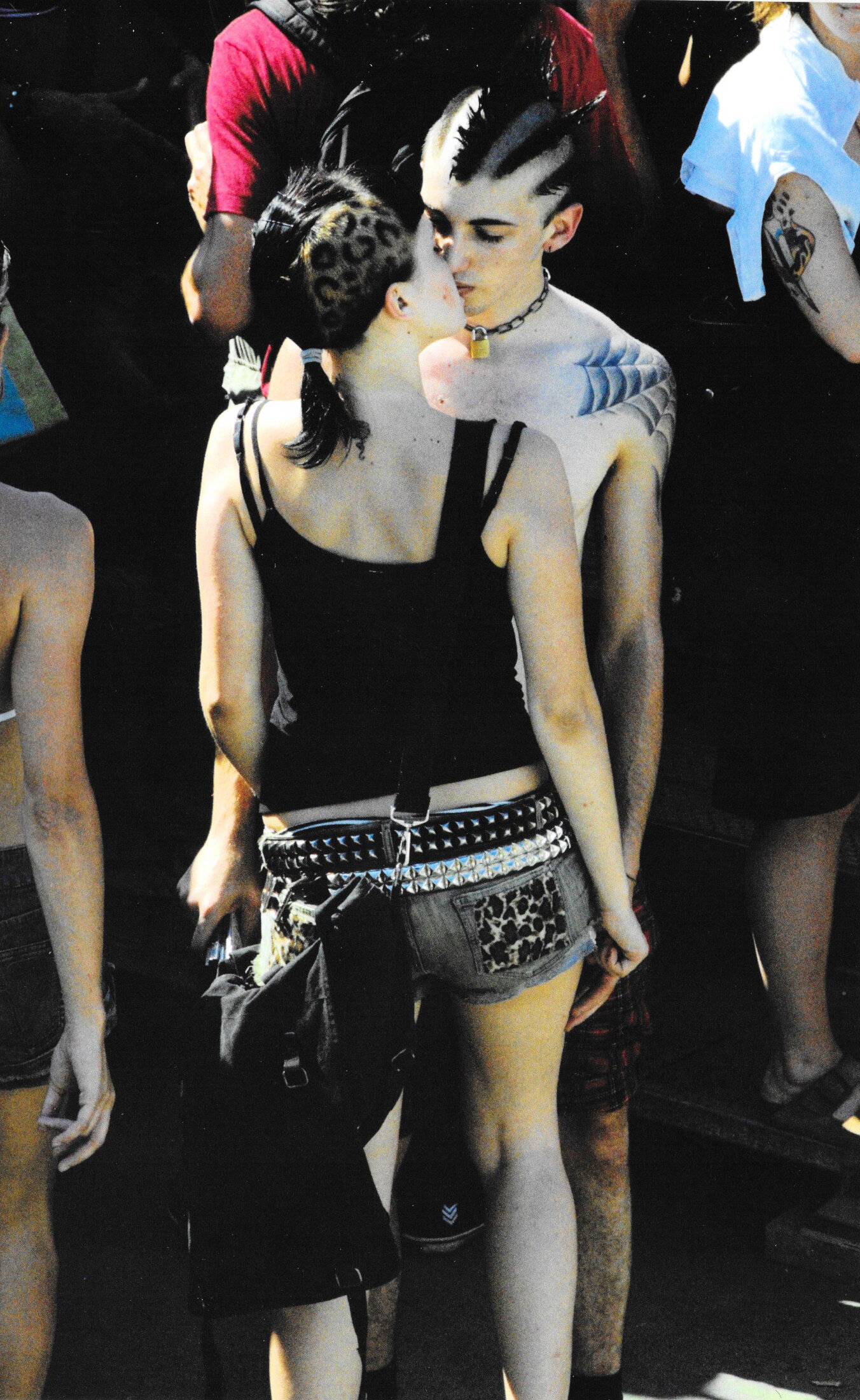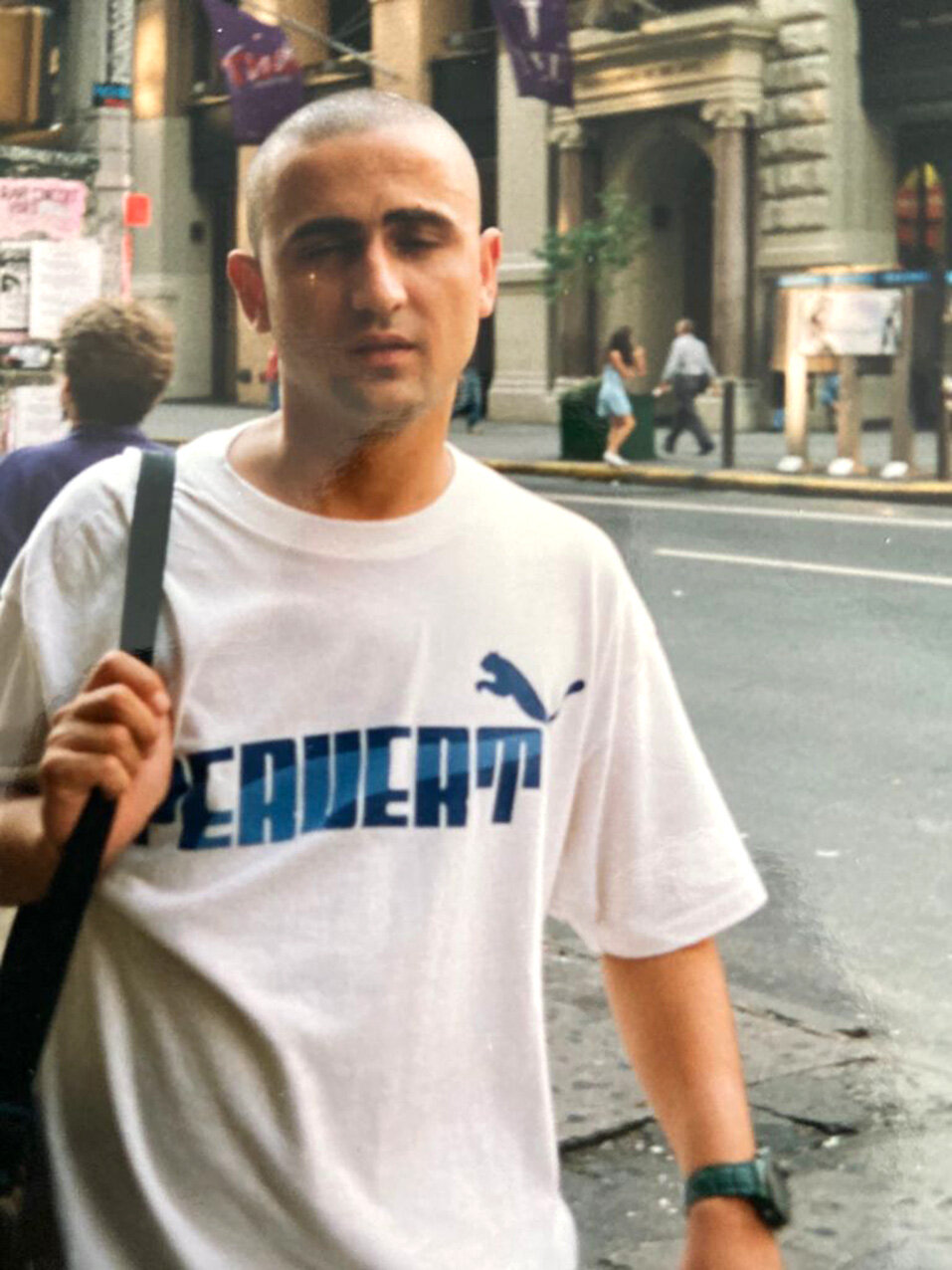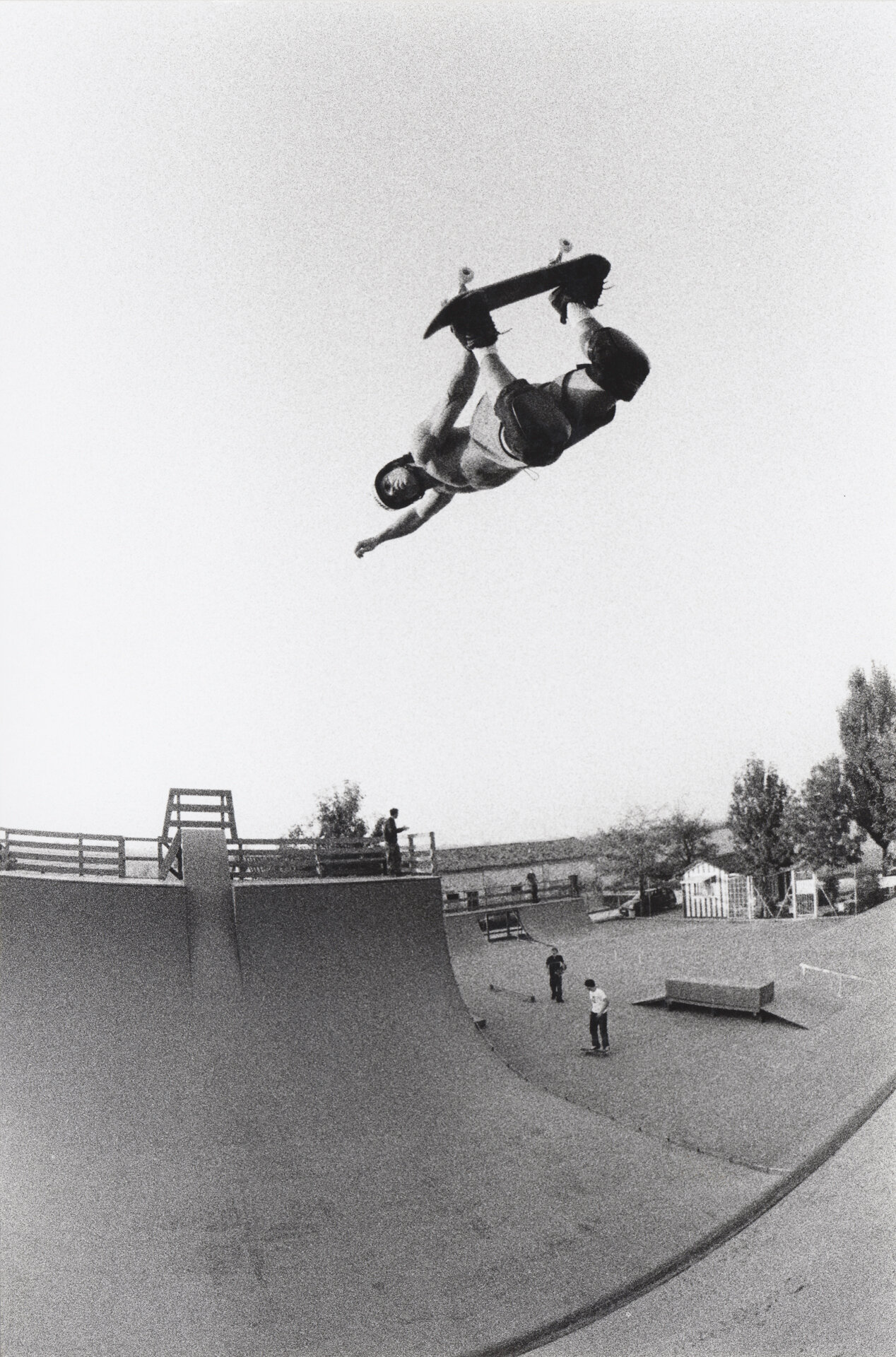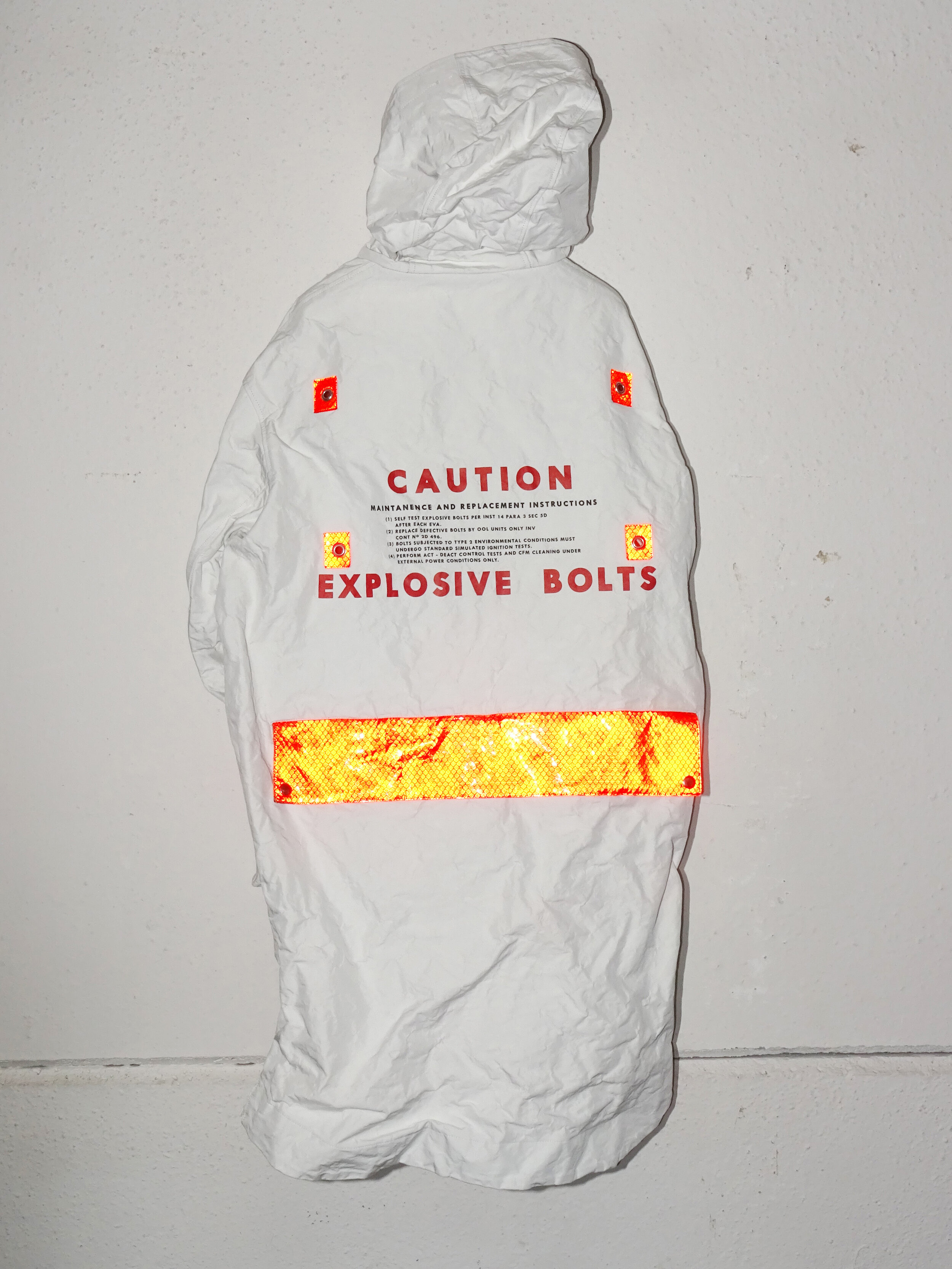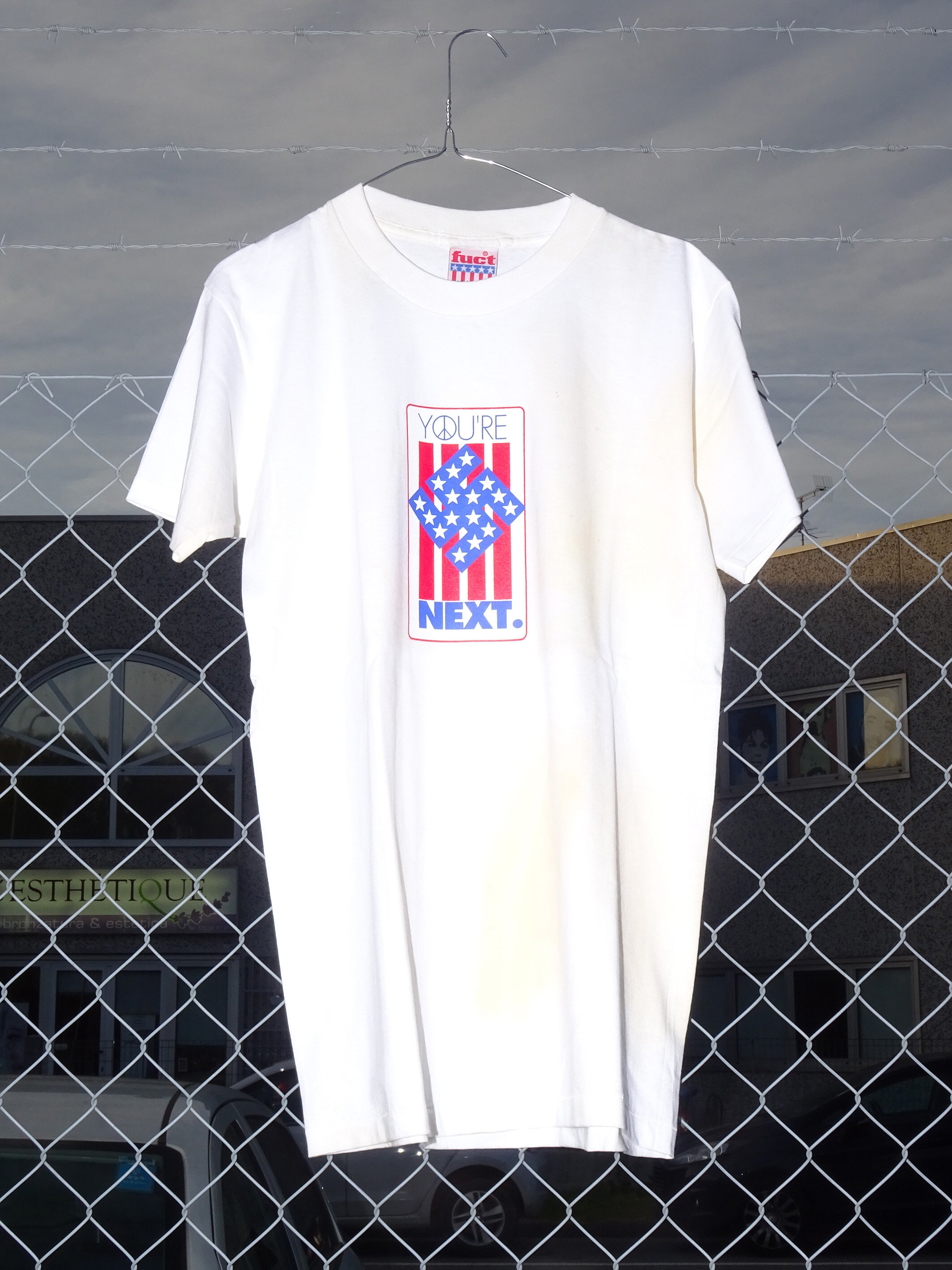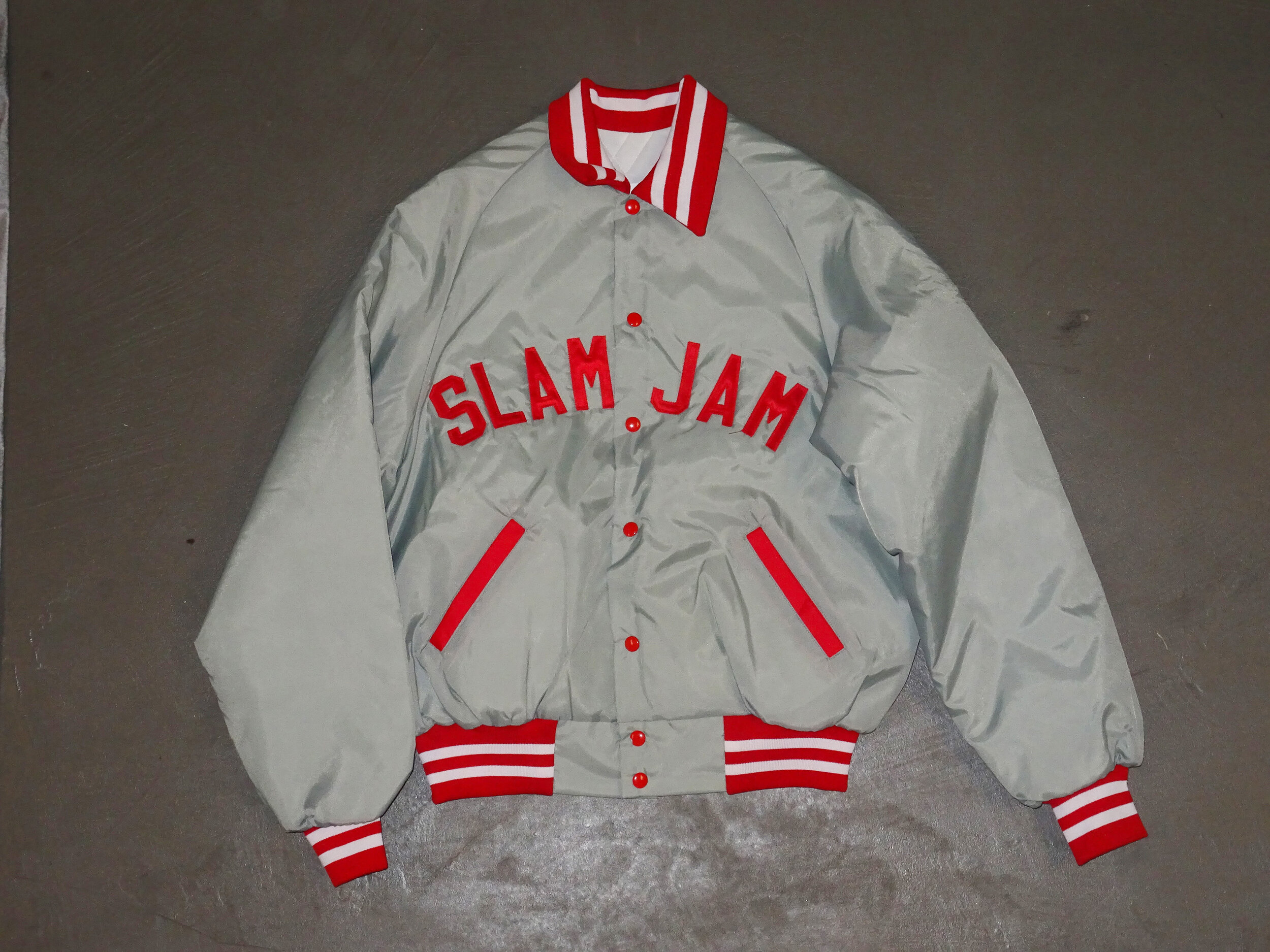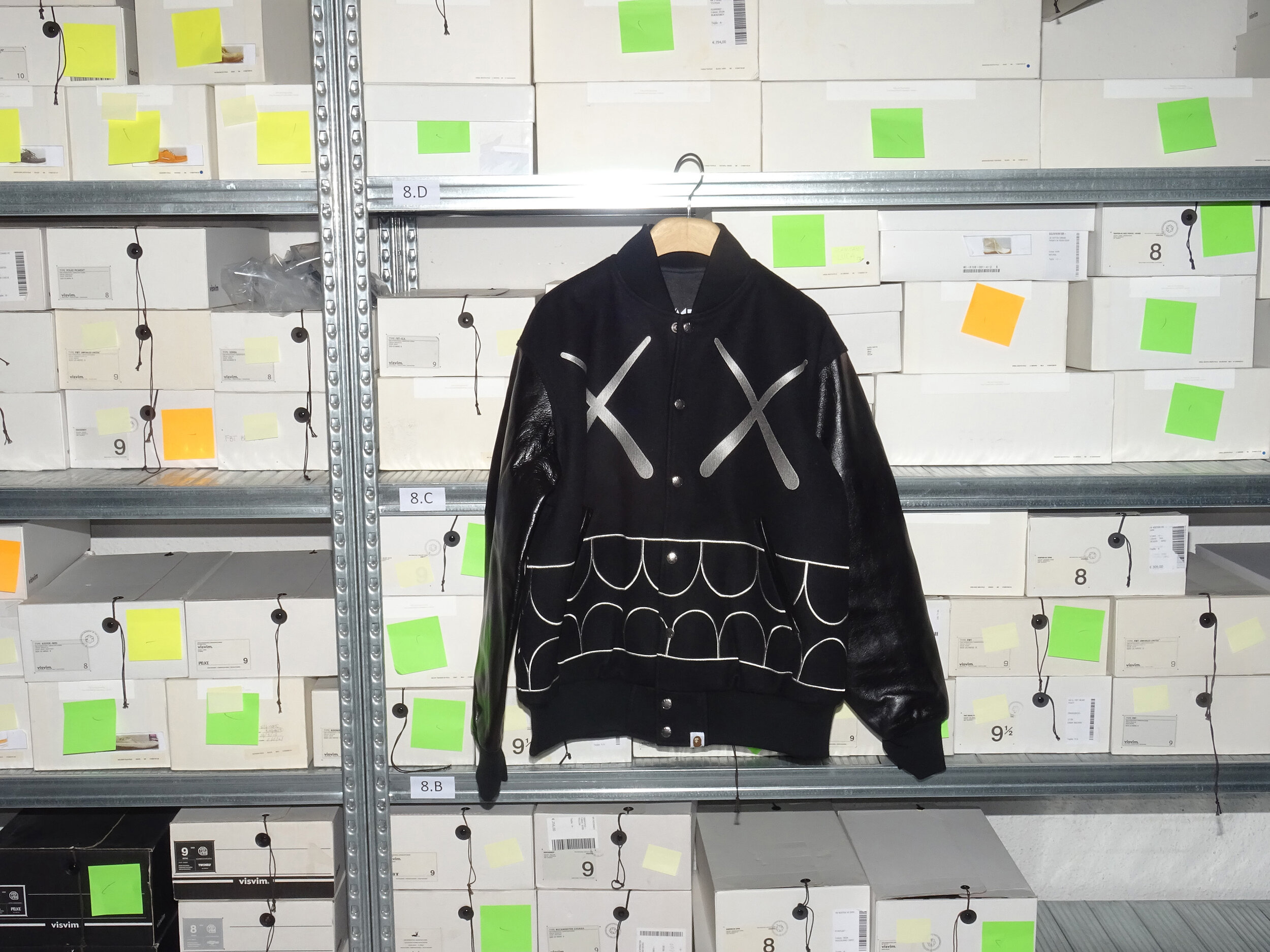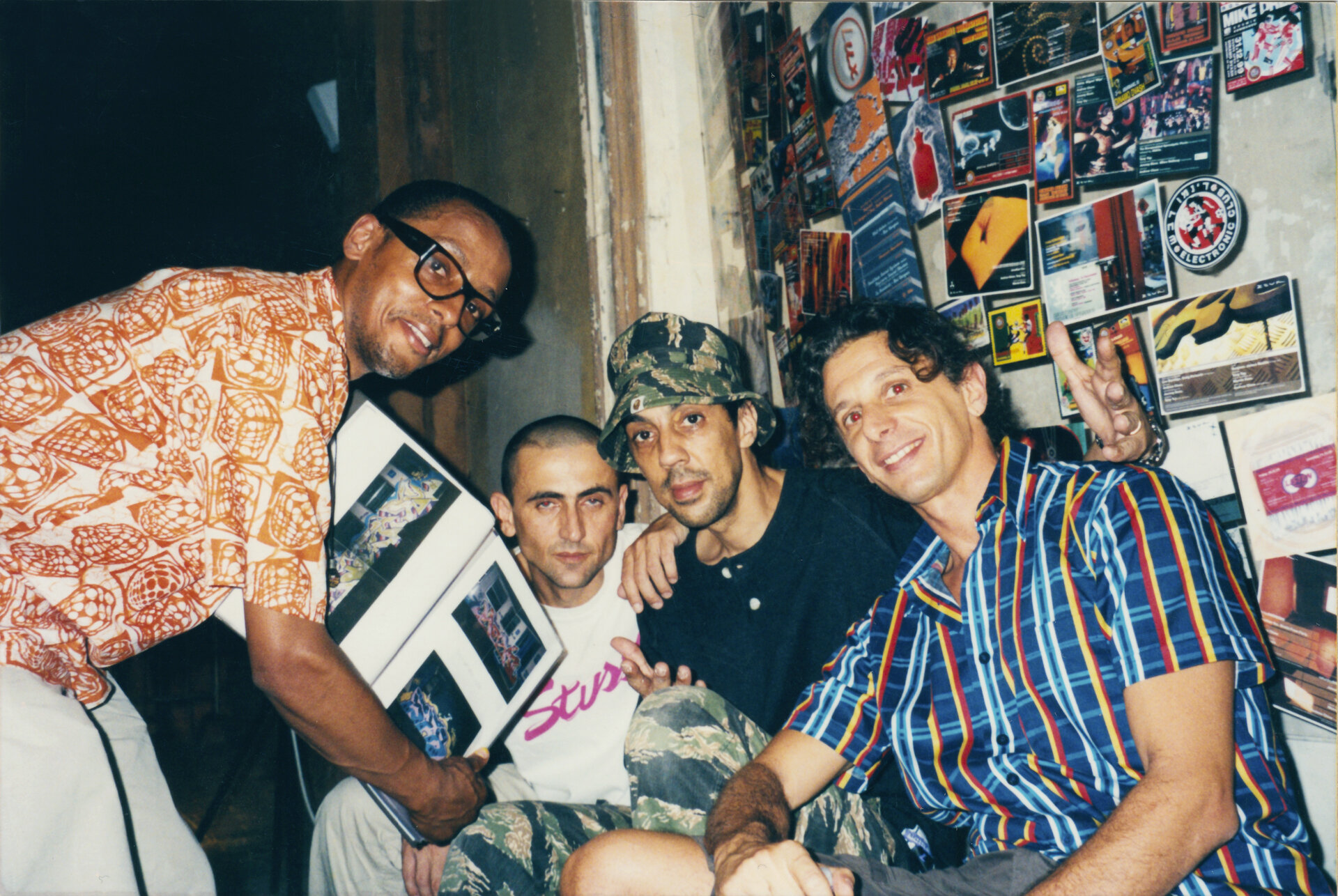Founded by Luca Benini in 1989, Slam Jam was born to serve the underground long before the term “streetwear” existed, becoming the first Italian importer of then unknown brands such as Stussy. From its HQ in Ferrara, far from the European fashion establishment, Slam Jam has honed a unique and highly distinctive style guided by art, music and clubbing, connecting tribes of like-minded people across the world. From the rural outskirts of Ferrara, in the last 30 years Slam Jam has become a globally renowned cultural institution, its name on urban subculture clothing and goods a seal of guarantee.
For the first time since its establishment over 30 years ago, Slam Jam, is opening the doors of its archive with an exclusive project devised by Nationhood. The project comprises a new location in Slam Jam’s headquarters in Ferrara, and a consultable online atlas stemming from an experimental publishing plan focused on the brand’s cultural heritage. Formerly the private collection of Slam Jam founder, Luca Benini, this ultra-refined pastiche of eighties-to-the-present-day underground culture is now a new cultural resource with its own digital platform, a long list of publishing products, and various offline off-shoot activities hinging around visual art and culture. Nationhood has designed an infinite scroll, a digital flow that unites different contents in a sequence of images which is a collision of Lo-Fi cinema and “eBay aesthetics” visual brutalism. The upshot is a new digital device collecting the anthropology of the look and underground subcultures of which Luca Benini was a founding presence: from clubbing on the Riviera Romagnola, London and early ‘90s New York, to the international hip-hop scene and Japan‘s noughties fashion neo-avant-garde. Once again, Nationhood takes the idea of the archive apart and talks of how customs are the cultural custodian of the contemporary world. And so it has designed a hyper-photographic atlas mixed with soundscapes from the around 10,000 vinyls in the collection, offering up the archive in a visual stream that confirms the potential lyricism of chaos and cyberspace as the symbolic place of a new digital romanticism.

